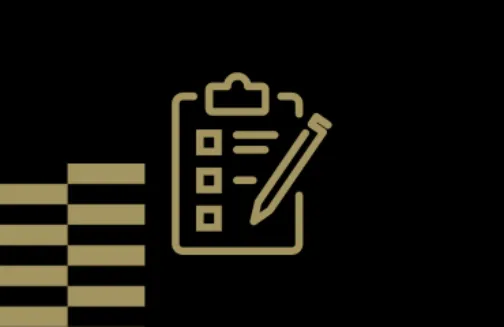What are the entry requirements?
Leaving Certificate
Grade H5 in two subjects, plus Grade O6/H7 at ordinary level in four other subjects in the Leaving Certificate examination. Two of these subjects must be Mathematics and a language (English or Irish).
QQI
FETAC applicants to this programme must hold one of the following awards: 5M0536 Computer Systems and Networks or 5M0529 Software Development.
Mature Applicants
Candidates applying as mature applicants may be required to attend an interview and may be requested to take an aptitude test to prove their suitability for a place on this programme.
International Applicants
International applicants should apply directly to the International Office at TUS, allowing plenty of time for completing the visa process. Applications for September start should be made by 1st June at the latest to ensure visas are processed in time. You should familiarise yourself with visa processing times for your country of origin to ensure you make a timely application. Find out more here.











